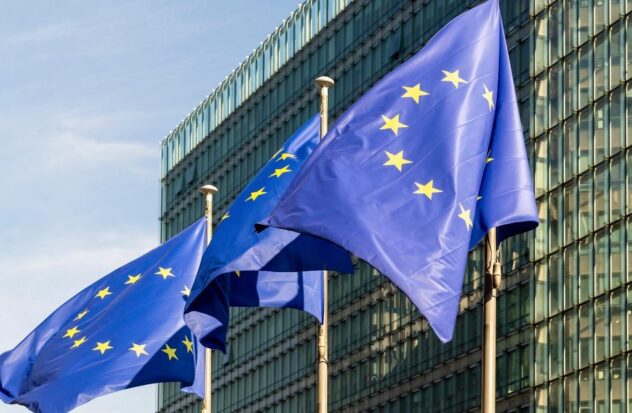VILNA. – Lithuania It is the only country in the European Union which does not approve the Agreement on Cooperation and Political Dialogue EU-Cubawhich allows the old continent to offer financial support to the dictatorship of Miguel Diaz-Canel, a fact that is applauded by the coordinator of the Assembly of the Cuban Resistance, dr. Orlando Gutiérrez-Boronat.
According to Gutiérrez-Boronat, it is necessary to close down the financial channels that keep the Cuban regime alive, and he urged other EU member countries to adopt a position similar to that of Lithuania.
According to calculations by the Cuban Resistance Assembly, since 1988 the EU has financed more than 200 development projects in Cuba for around 300 million euros (more than 326 million dollars), the website reports. IQ.LT.
Dr. Gutiérrez-Boronat said that the resources sent by the EU to Cuba do not reach the citizens and are not distributed in social programs to help the most critical population. “Thinking that they are investing in Cuban agriculture or in the fight against climate change, they are actually feeding the Communist Party,” he said in statements to the IQ.LT website.
“You have to be very careful when choosing partners. First, because the money does not reach the Cuban people. Second, because the financing allows the regime to remain in power, which lives and exists thanks to the ongoing repression. In the last three years, the regime has suppressed at least popular uprisings, and that is because the regime has money,” Gutiérrez-Boronat told IQ.
The coordinator of the Cuban Resistance Assembly exemplified what happened when the United States imposed sanctions on Cuba, which caused the regime to be deprived of part of the financial resources that were used to finance the army.
“US sanctions have effectively limited their repressive capabilities because they now have less money to pay for the force,” he said.
In 2021, EU member states accounted for one-third of Cuba’s total trade, 33 percent, compared to 11.7 percent. trade with China. EU members also consolidated their direct investments in Cuba, with EU tourists being the second main source of tourism to Cuba.
By 2016, after the signing of the EU-Cuba agreement, the EU became the main provider of official development aid. However, this did not make the Cuban regime move away from the influence of China and Russia.
Source: WRITING


